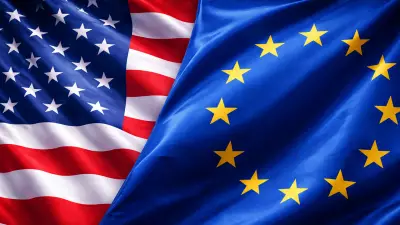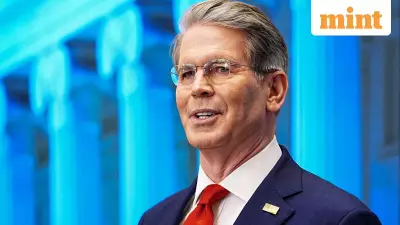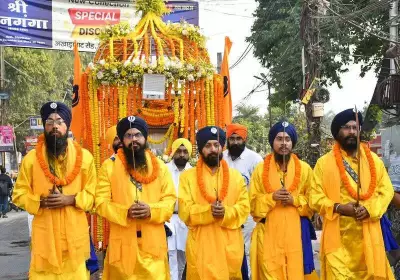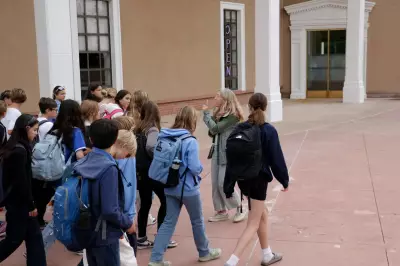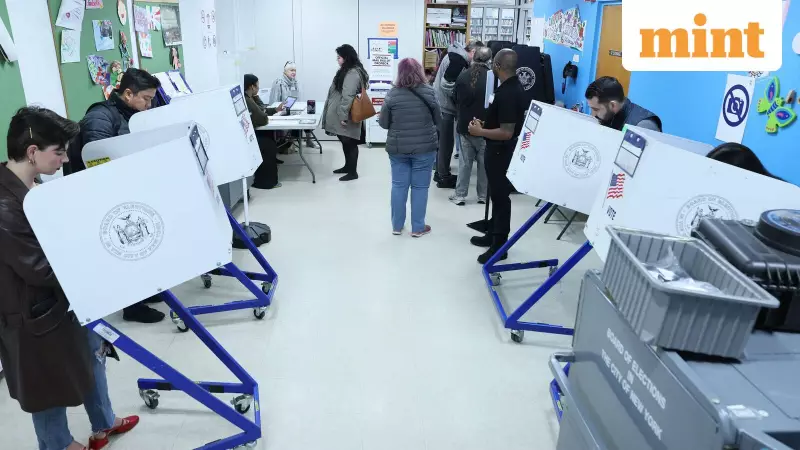
New York City stands at a political crossroads as voters prepare to weigh in on six transformative ballot proposals during the Democratic primary election on June 3, 2025. These measures could fundamentally alter how the city conducts elections, funds campaigns, and engages its diverse population in the democratic process.
What's at Stake for NYC Voters?
The proposed changes represent some of the most significant potential reforms to New York City's electoral system in recent memory. Voters will encounter these six critical questions when they cast their ballots:
- Non-Citizen Voting Rights: Should lawful permanent residents and other authorized non-citizens gain the right to vote in municipal elections?
- Ranked-Choice Voting Expansion: Should the successful ranked-choice voting system be extended to include all primary and special elections for city-level positions?
- Campaign Finance Overhaul: Should the city's campaign finance program be strengthened with increased public matching funds and lower contribution limits?
- Ethics and Governance Reform: Should the city's Conflicts of Interest Board be granted enhanced powers and independence?
- Charter Revision Process: Should the process for amending the City Charter be made more accessible and transparent?
- Voter Access Modernization: Should New York City implement additional measures to make voting more accessible, including expanded early voting and language access?
Why These Proposals Matter Beyond 2025
The outcome of these ballot measures could reshape New York City politics for generations. The non-citizen voting proposal alone could expand the electorate by nearly one million voters, dramatically changing the political landscape of America's largest city.
Meanwhile, the campaign finance reforms aim to reduce the influence of big money in local politics by increasing the public matching fund ratio from 8-to-1 to potentially 12-to-1 for small donations. This would empower grassroots candidates and potentially diversify the field of contenders for city offices.
Political Implications and Potential Impact
These proposals come at a crucial moment for New York City, which continues to grapple with housing affordability, public safety concerns, and economic recovery post-pandemic. The changes could influence not only the 2025 mayoral race but also city council elections and the overall balance of power at City Hall.
Supporters argue these reforms will make city government more representative, responsive, and accountable to all New Yorkers. Critics counter that some measures, particularly non-citizen voting, could dilute the votes of American citizens and create administrative challenges.
As the June primary approaches, expect intense campaigning from both sides of each proposal, with community organizations, political parties, and advocacy groups mobilizing to sway voter opinion on these foundational questions about the future of democracy in the five boroughs.

